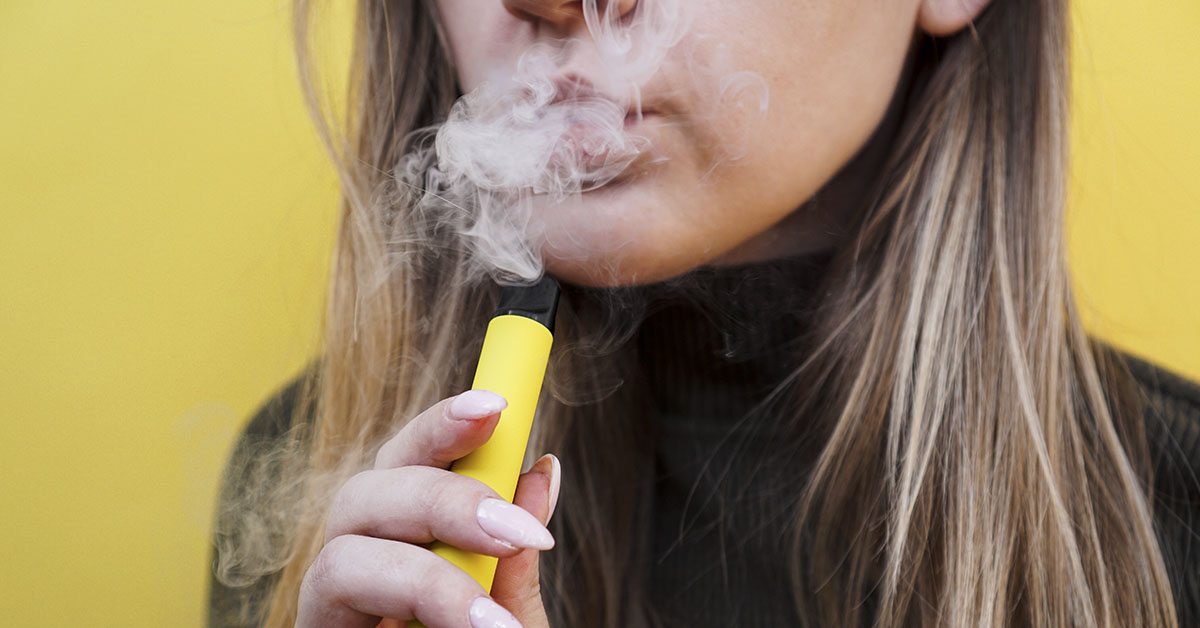Vaping has gained immense popularity in recent years as an alternative to smoking, with many people turning to e-cigarettes to quit their tobacco habit. While vaping may be perceived as a safer option, concerns have been raised about the rising number of children and young adults becoming addicted to nicotine through vaping. Doctors and Psychologists shed light on the scariest symptom of vape addiction: nicotine poisoning. These are the dangers of nicotine and vape addiction, its impact on children and young adults, and the alarming rise in cases of nicotine poisoning.
What Is Vaping and What Causes Vape Addiction?
Vaping is the act of inhaling and exhaling the vapor produced by an electronic cigarette or other similar device. The term “vape” comes from the word “vapor,” which refers to the gaseous state of a substance. E-cigarettes are battery-powered devices that heat up a liquid solution containing nicotine, flavorings and other chemicals to create an aerosol that users inhale. (1)
Vaping is a relatively new phenomenon, but it has already become popular among young people. The Centers for Disease Control and Prevention (CDC) reported that in 2023, 1 in 10 high school students reported using flavored e-cigarettes (vapes) in the last 30 days. Vape addiction occurs because the nicotine in e-cigarettes is highly addictive. Nicotine is a stimulant that affects the brain and central nervous system, causing feelings of pleasure and relaxation. It also increases heart rate and blood pressure, which can lead to heart disease and stroke. (2)
Read: Timeline of what happens to your body when you give up vaping
The Rising Concerns
According to reports from the hospitals, hospital admissions for children due to vaping quadrupled in a year in the United Kingdom. This has led to growing concerns about the addictive nature of vaping, especially among those who were never smokers. The UK government has expressed its worries and launched a consultation to address the issue. While vaping can be an effective cessation tool for adult smokers, it poses a significant risk when it comes to youth addiction to nicotine.
The news is not any better in the United States. The data shows across the board, young people are vaping at increasingly alarming rates. A big part of the problem is that nicotine is highly addictive, especially for teenagers. They don’t think that they will have a problem, but then they struggle to put the vape down voluntarily. According to Yale neuroscientist Marina Picciotto, PhD, the adolescent brain is more sensitive to rewards. The hit of nicotine that their brain receives when vaping is just that.

